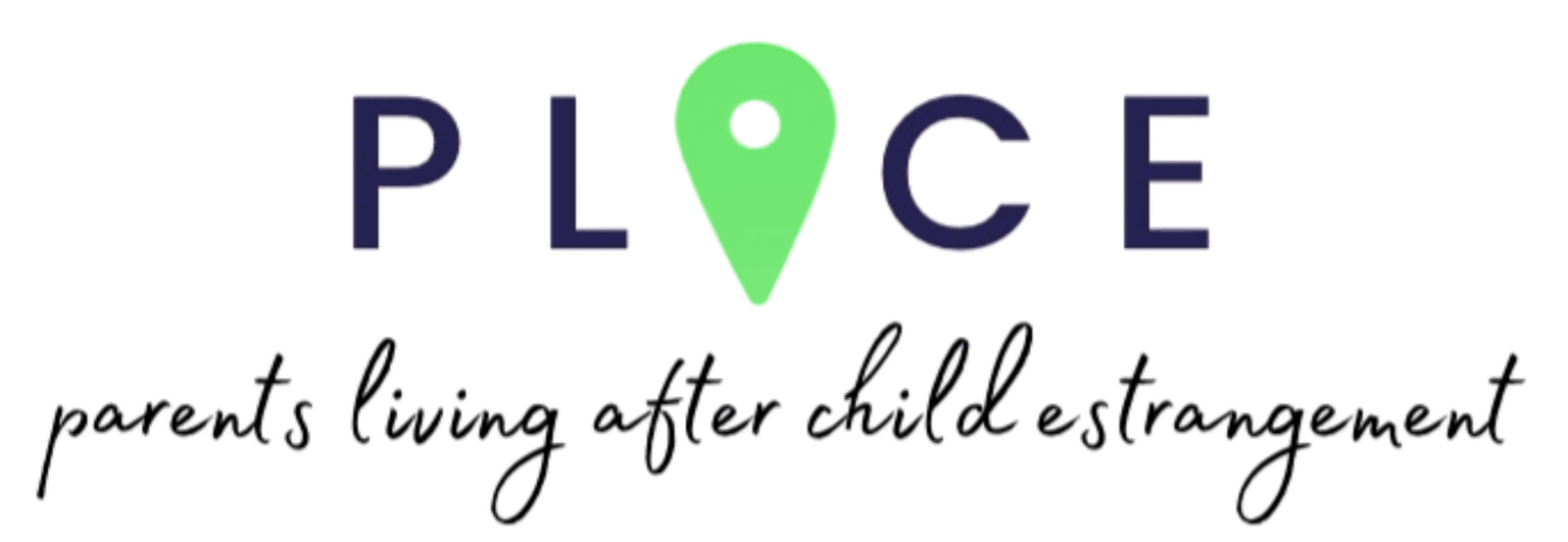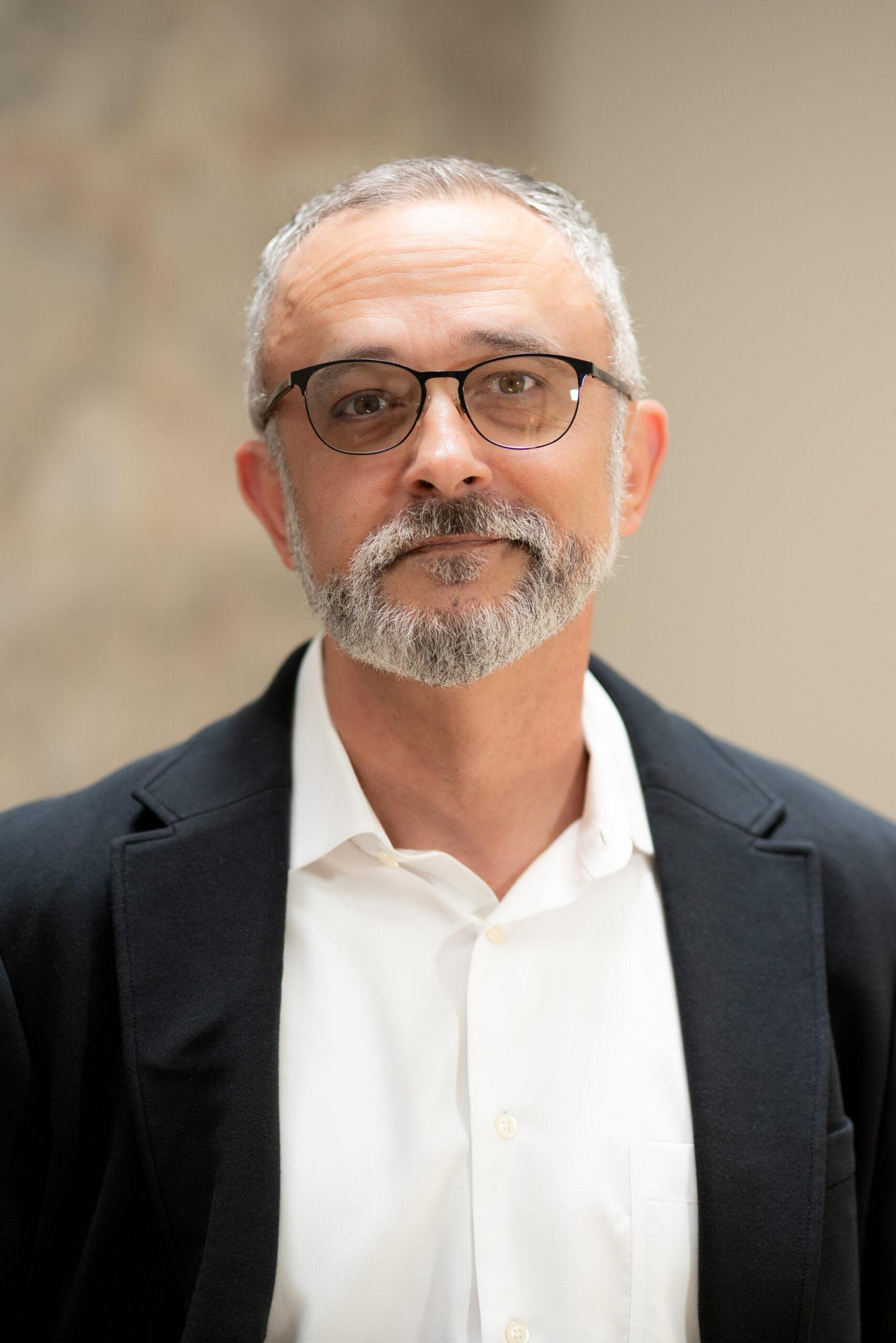By Brian Briscoe, LPC, LMFT
Founder of PLACE – Parents Living After Child Estrangement
Let’s be honest: the words “forgiveness” and “reconciliation” can stir up a lot of complicated emotions—especially if you’re a parent who’s been cut off by your child.
Some people tell you to “just forgive and move on.” Others say, “You need to reconcile before it’s too late.” And then there’s your own heart—torn between longing, resentment, confusion, and grief.
Here’s the truth I’ve learned after years of walking alongside estranged parents:
Forgiveness and reconciliation are not the same thing.
One is an internal process. The other is a mutual decision.
Both are possible. Neither can be forced.
Let’s unpack what these words actually mean, how they show up in the context of estrangement, and what healing might look like—for you.
Forgiveness: It Starts With You (Not Them)
Many parents tell me:
- “Why should I forgive? I didn’t even do anything wrong.”
- “If I forgive them, isn’t that saying it’s okay?”
- “They haven’t apologized. I can’t let it go until they do.”
I hear you. I’ve felt versions of these things myself.
But here’s the truth: forgiveness is something you do for yourself—not for the other person.
It’s not the same as forgetting. It’s not the same as condoning. And it’s definitely not pretending like everything’s fine.
Forgiveness is:
- Letting go of the need for vengeance
- Releasing the story that keeps you stuck in suffering
- Choosing peace—even when answers never come
It’s a gift you give to your own nervous system, to your own mental health, to your own soul.
As I often say to my clients:
Forgiveness doesn’t mean you’re weak. It means you’re tired of carrying the pain.
Why Forgiveness Feels So Hard After Estrangement
Estrangement brings a unique kind of hurt. The rupture often feels personal, confusing, and deeply unjust. There’s no road map, no apology, and in many cases—no explanation.
You’re left with:
- Open wounds that don’t scab over
- Conversations that replay on loop
- A heart stuck between what happened and what should have happened
That’s why forgiveness, for many estranged parents, must be approached gently, not as a demand—but as a potential invitation.
In therapy for estranged parents, we explore what forgiveness might look like if—and only if—it serves your healing.
What Forgiveness Is NOT
To be clear, forgiveness is not:
- Excusing abuse
- Denying your pain
- Rebuilding a relationship that remains unsafe
- Pretending it didn’t matter
If you’ve experienced betrayal, cruelty, or repeated disrespect, it’s okay to say, “This hurt me. I may forgive, but I’m not re-entering that dynamic.”
That’s not bitterness. That’s boundaries.
Learn more in this article on healthy vs rigid boundaries.
Reconciliation: A Two-Way Street
Unlike forgiveness, reconciliation can’t happen alone. It requires:
- Mutual willingness
- Honest communication
- Accountability
- Emotional safety
If only one person is reaching out, apologizing, or trying to repair—it’s not reconciliation. That’s hope chasing an unavailable heart.
This is one of the hardest lessons for many estranged parents to accept:
You can do everything “right,” and reconciliation may still not happen.
That’s not a reflection of your worth as a parent. It’s a reflection of the complexity of human relationships—and often, the inner wounds your child is carrying.
Sometimes, estranged adult children need time. Space. Healing of their own. Sometimes, unfortunately, they choose continued distance indefinitely.
And sometimes… they come back.
When Reconciliation Becomes Possible
Over the years, I’ve seen reconnections happen. Not always—but sometimes.
It might look like:
- A brief email after years of silence
- A cautious coffee meet-up
- A holiday invitation with boundaries attached
- A full-hearted, genuine reconnection
These reunions are often filled with hope and fragility. They can also be emotionally overwhelming. You may feel joy, fear, anxiety, skepticism, and longing—all at once.
That’s why preparation is essential.
In sessions or estranged parent coaching, we often explore:
- What to say when they reach out
- How to manage expectations
- How to listen without defensiveness
- How to rebuild trust gradually
What If Reconciliation Never Comes?
Here’s the truth no one wants to say out loud, but I must as a counselor:
Some estrangements last a lifetime.
If that’s your reality, I want you to know:
- You are still valuable
- You still deserve love
- You can still live a life full of meaning
This is where the deep work of forgiveness often begins. Not as a resignation, but as a liberation.
It’s where you reclaim your story.
Your identity.
Your peace.
It’s where healing after estrangement becomes less about them… and more about you.
You can start this process through individual therapy or join our support groups for estranged parents.
So… Should You Try to Forgive? Should You Seek Reconciliation?
There’s no one-size-fits-all answer.
But I’d invite you to reflect on:
- What forgiveness might free you from
- What reconciliation would really mean to you
- Whether reconciliation would be safe and healthy for both of you
And most importantly:
What kind of healing can you offer yourself—right now—regardless of their choices?
Practical Steps Toward Forgiveness and Peace
If you’re ready to explore this journey, here are a few starting points:
1. Work with a Trauma-Informed Therapist
Use approaches like Cognitive Behavioral Therapy (CBT), Mindfulness-Based Therapy, and Narrative Therapy to process your pain and reshape your perspective.
2. Practice Self-Compassion
You did the best you could with the tools and awareness you had. Say it again. And again.
3. Join a Support Group
You are not alone. Share your story with others who understand in our weekly virtual groups.
4. Write a Letter (Even If You Don’t Send It)
Sometimes, we just need to speak the truth aloud. Say what needs to be said—for you.
5. Honor Your Healing Timeline
There’s no rush. No deadline. No one-size-fits-all path. Take the next right step—for you.
In Closing: You Deserve Peace—With or Without Reconciliation
You are not broken because your child is distant.
You are not a failure because forgiveness is hard.
You are not beyond healing just because reconciliation hasn’t happened.
Whether you choose to forgive or not… whether reconciliation comes or not… you can find peace.
And that’s what I want for you most of all.








